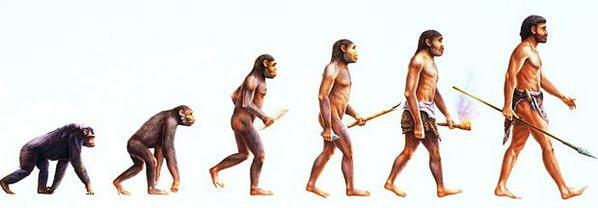Hernia it is the total or partial exit of one or more organs through the opening of an orifice, being considered as a pathological state that can appear in several places of the body.
The exit of viscera through rupture of the skin and peritoneum, such as traumatic or postoperative eviscerations, are not considered hernias.
Types of hernias
Hernias are classified according to where the tissue ruptured and caused the organ to externalize. Below is a list of the most common types of hernia.
Inguinal hernia

An inguinal hernia is a loop of intestine that has been expelled through an opening in the abdominal wall into the inguinal canal, which is located in the groin.
This channel is the passageway from the testicles to the scrotum, before the baby is born.
The tear in the abdominal wall that causes the hernia can be present from birth or appear over time.
Disc herniation
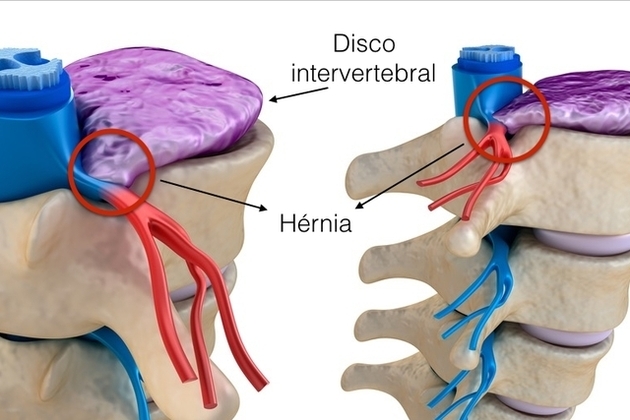
A herniated disc is located in the spine and occurs when a vertebral disc is not located. correctly and causes compression of the nerve roots that are branched from the spinal cord. spinal.
It can occur in the lumbar and cervical regions, this type of hernia causes pain and, in some cases, numbness or weakness in the arms and legs.
The causes for this type of hernia are related to the wear of the discs located between the vertebrae that form the spinal column.
In most cases the treatment is carried out within a few months, only more extreme cases can result in chronic pain.
epigastric hernia

An epigastric hernia, also known as an abdominal hernia, corresponds to a bulge of the intestine, causing a noticeable dilation with little discomfort.
Very common in men, this type of hernia appears in an area of weakness in the abdominal wall.
Umbilical hernia
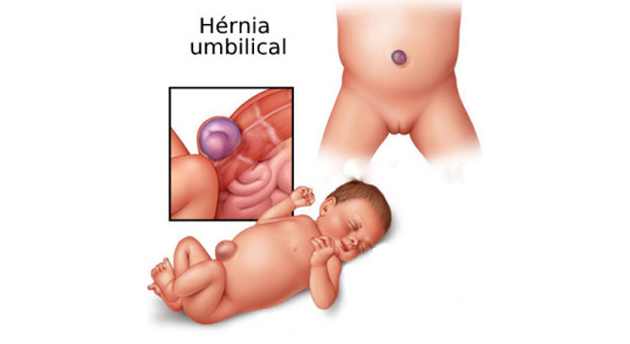
Umbilical hernia is very common in babies and the main cause for this type of hernia is justified by abdominal opening occurred to the umbilical cord and which was not properly closed by the vessels blood.
It can occur in adults, but in these cases it is related to obesity, pregnancy or excess fluid in the abdomen.
muscle hernia
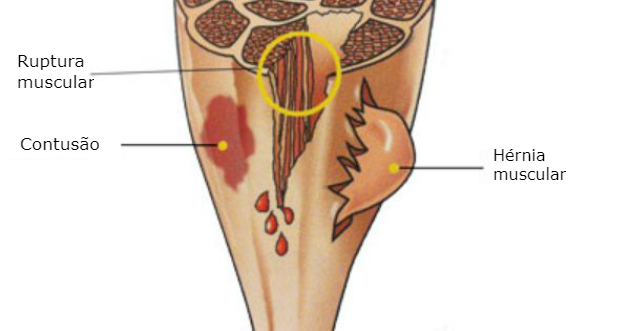
Muscle hernia, in most cases, is a consequence of physical exercise, representing the swelling of the muscle causing bulge points to be created.
The most suitable treatment is rest, as it tends to disappear over time. Only in more extreme cases is medical follow-up recommended.
Expand your study on muscle and also read:
- Muscle tissue
- muscular system
- Muscular contraction
incisional hernia
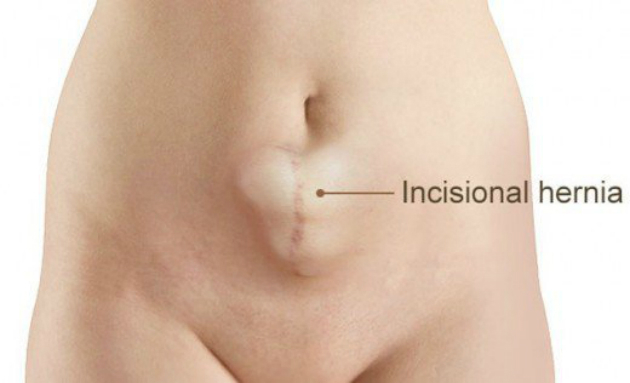
Incisional hernia appears in the scar of surgeries that have already been performed, and it can appear shortly after the surgery or even after years.
The main cause for this type of hernia is related to weakness of the abdominal wall at the surgical site.
hernia symptoms
The main symptoms to identify a hernia are:
- bulge on the skin;
- Pain in the region after physical exertion.
For the correct diagnosis of the hernia, the physician performs physical examinations by palpating the region and, to conclude the diagnosis and identify the severity, an ultrasound examination is performed.
In cases of extreme pain and sudden change in the region, it is recommended to seek emergency medical care.
What Causes Hernia?
Hernia is caused by detachment of the organ part, which can be congenital or acquired. This rupture makes the expelled organ invade a space it shouldn't.
Among the acquired causes, the following stand out:
- Carrying weight frequently when exercising or at work;
- Make extreme effort;
- Make a lot of effort to defecate;
- Present excessive coughing;
- Have pregnancies in short periods of time.
There is no age limit for the appearance of hernias. Even though it is more frequent in adults, children usually have umbilical hernia early in life, but it tends to heal on its own over time.
Also read about:
- human body tissue
- Organs of the human body

